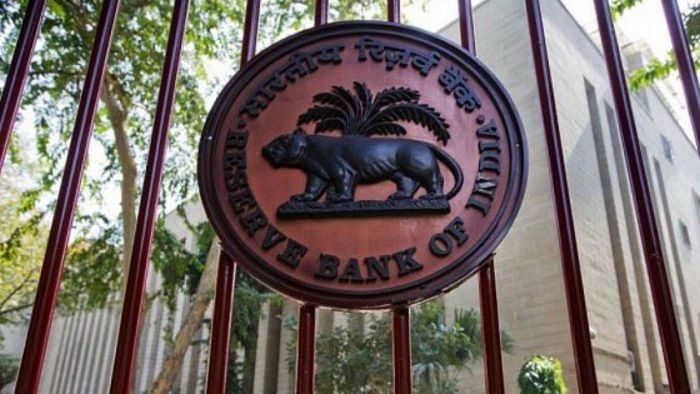
The Reserve Bank of India on Thursday extended the card tokenisation deadline by six months to June 30, 2022, addressing concerns from stakeholders about potential revenue loss and lack of industry readiness.
This is the second time the central bank has extended the deadline. The original deadline was June 30, 2021. It was then extended to December 31, 2021.
Merchants across the board had sought an extension to implement tokenisation worrying if its enforcement could cause major disruptions, erode trust in digital payments and loss of revenue.
Many welcomed Thursday’s move by the central bank.
Prabhtej Singh Bhatia, co-founder of payments platform Falcon, called it “a big relief” and expected it to give “banks, acquirers, issuers and merchants some time to create an implementation framework around this on priority, to help their customers make a smooth transition.”
RBI’s tokenisation regulations prevent merchants from storing users’ card information. Instead, they would have to replace each card number with a randomised token number to ensure secured transactions.
“We would like to thank RBI for giving industry this much-needed time to scale up its efforts and work towards achieving the true intent of this guideline as envisaged by the central bank,” said Payments Council of India Chairman Vishwas Patel.
The extension came a day after the Confederation of Indian Industry said online merchants could lose up to 20-40% of their revenue tied to the move.
“In light of various representations received in this regard, we advise as under: a) the timeline for storing of card-on-file (CoF) data is extended by six months, i.e., till June 30, 2022,” the RBI said in a statement on Thursday.
Industry stakeholders may also devise alternatives to tokenisation to handle transactions including recurring e-mandates, EMI payments, or any other post-transaction activities that currently require storage of card data by entities other than card issuers and card networks, the central bank said.
Watch latest videos by DH here: